As Covid passports come to Europe, what will Switzerland do?
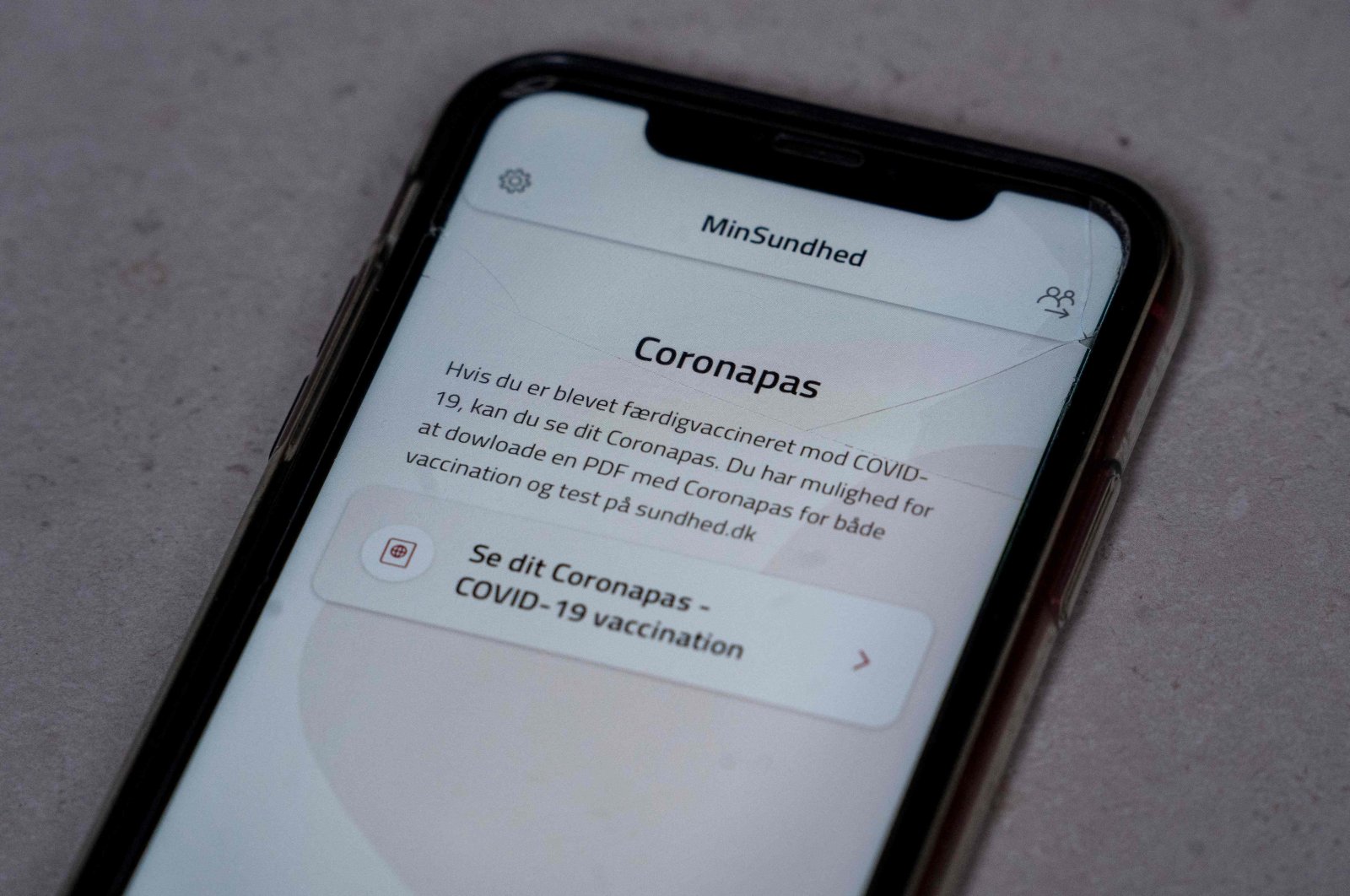
In Denmark, the “Coronapas” allows access to bars, restaurants and hairdressers. In Estonia, a QR code is enough to travel abroad. The Swiss solution is not expected before this summer, but it remains to be decided how it will be used.
“If this is the price we have to pay to start living in society again, then it is worth it. I’m really happy that it’s possible to live in freedom again, almost normally,” Gavin told French radio station France Info at the end of April. He is one of almost six million Danes who are taking advantage of the “Coronapas”, which has been available in Denmark since the beginning of April.
Denmark was one of the first countries in Europe to introduce a compulsory Covid-19 certificate to access certain services, such as restaurants, museums, cinemas, theatres, hair and beauty salons. But the pass is not yet fully ready for travelling abroad. Copenhagen is waiting on the launch of the European green certificate in June to allow its citizens to travel freely within the EU.
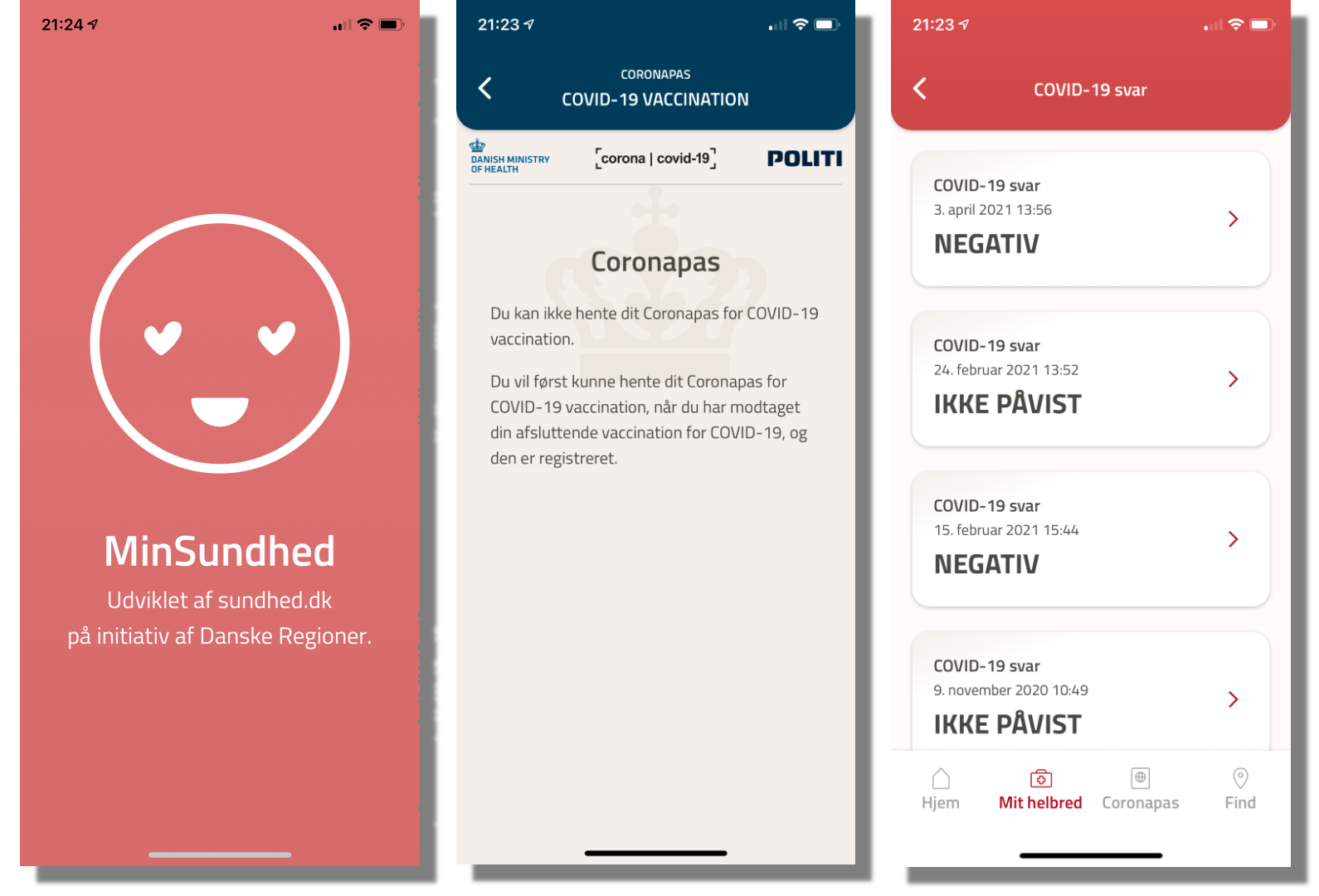
Estonia also recently launched its vaccination certificate in the form of a QR code, which can be generated in seconds from the national patient portal and contains all individual medical information. “We wanted to be among the first to introduce the certificate to make the lives of our citizens as simple as possible,” Kalle Killar, deputy secretary general for e-services development and innovation at the Estonian Ministry of Social Affairs, tells SWI swissinfo.ch. Estonia is a highly digitised nation and is perceived as the leading eHealth country in Europe.
Unlike Denmark, Estonia currently does not aim to authorise the certificate for domestic use, but only to be able to travel outside the country. “In the EU, the most important point is to avoid any form of discrimination,” says Killar, who adds he is against using a Covid certificate to access services like restaurants. “We don’t have enough vaccines yet, and even if we did, the question to ask is: ‘is this really the society we want?’ I hope it doesn’t come to that.”
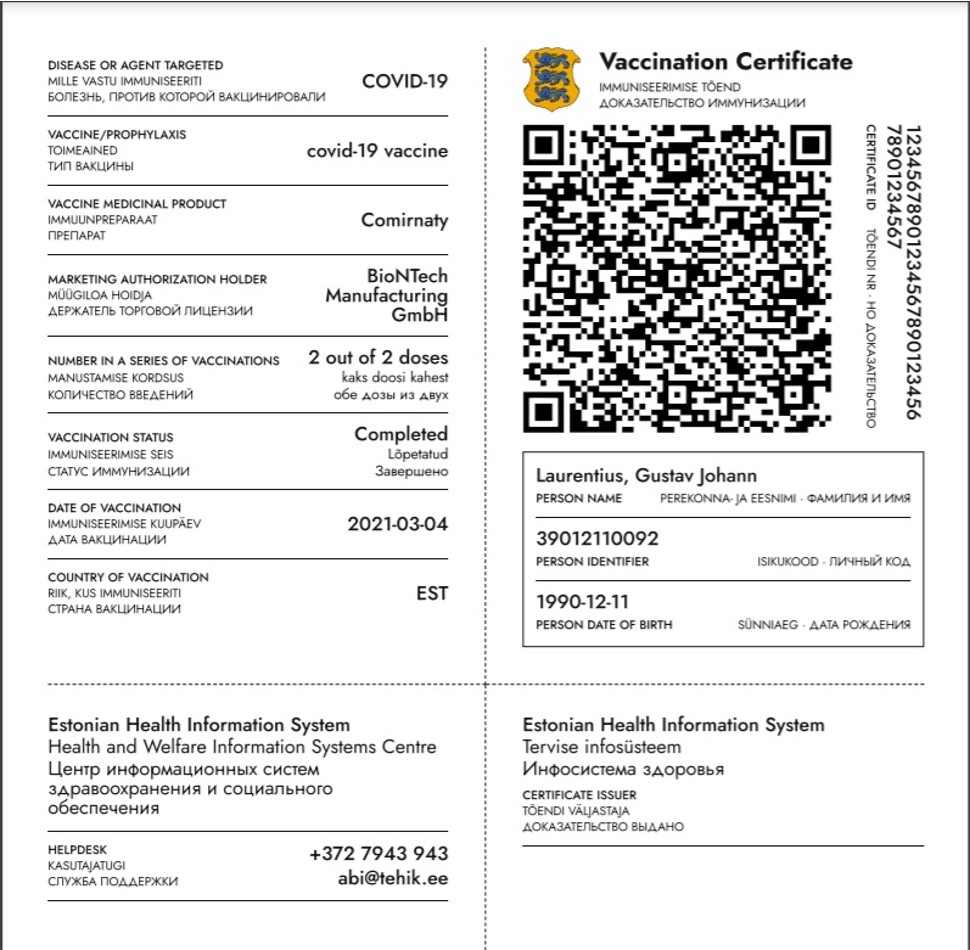
‘A health justice issue’
In Switzerland, a country where laws on privacy and personal data protection are generally less restrictive than in Denmark and Estonia, it is not yet clear how exactly a planned Covid-19 passport will be used. What is certain is that the Confederation will develop by this summer a “uniform, unforgeable and internationally recognised” certificate for leaving and entering the country, according to the website of the Federal Office of Public Health (FOPH). According to recent statements by Interior Minister Alain Berset, the certificate is also likely to be used to gain access to events and shows.
“These measures should be temporary,” says Samia Hurst-Majno, a bioethics expert and member of the Swiss Covid-19 science task force. That’s especially true because the legal basis for the certificate is found in the Covid-19 Act, which will only be in force until the end of 2021. Swiss voters will soon weigh on it in a referendum on June 13.
Hurst-Majno also believes that a vaccine certificate should not be implemented until everyone has had the opportunity to be vaccinated. “Such a certificate is a health justice issue. It is inevitable that it will be used for travel, but for other applications [like access to restaurants] it is important to have a form of certificate that persons who are waiting for vaccination can access too,” she stresses.
To avoid discrimination, it is also essential that the certificate doesn’t preclude access to essential goods and services, Hurst-Majno says. “However, Swiss law is very permissive regarding the right of private individuals to choose their own client,” she points out. “This means that a private company could legally decide to restrict access to its business for those who have been vaccinated.”
Freedom, but at what price and for whom?
Anita, a Danish nurse, does not relish the idea of having to show her negative test certificate at the entrance to bars and restaurants. “It is really something private,” she told French radio. “People might judge others who don’t want to get vaccinated.”
Although most Danes have so far welcomed the Corona pass initiative, Anita is not the only one with doubts. The Danish Ethics Council also warns of the social consequences of the pass and recommends that it be used for as little time as possible, as is the proposal in Switzerland.
Anne-Marie Gerdes, chair of the Danish Ethics Council, recently stated that the pass is like the “carrot” you get for getting vaccinated and that this affects the degree to which getting vaccinated is a free choice. Gerdes also argued that some sections of the population might find it difficult to get a negative test as an alternative to obtain the Corona pass, such as those who are disabled, homeless or living in remote and underserved areas. This will create inequalities.
Christopher Dye, professor of epidemiology at Oxford University, also sees concerns around access and effectiveness of vaccines for those groups that were excluded from initial clinical trials, such as young people under 16 and pregnant and breastfeeding women.
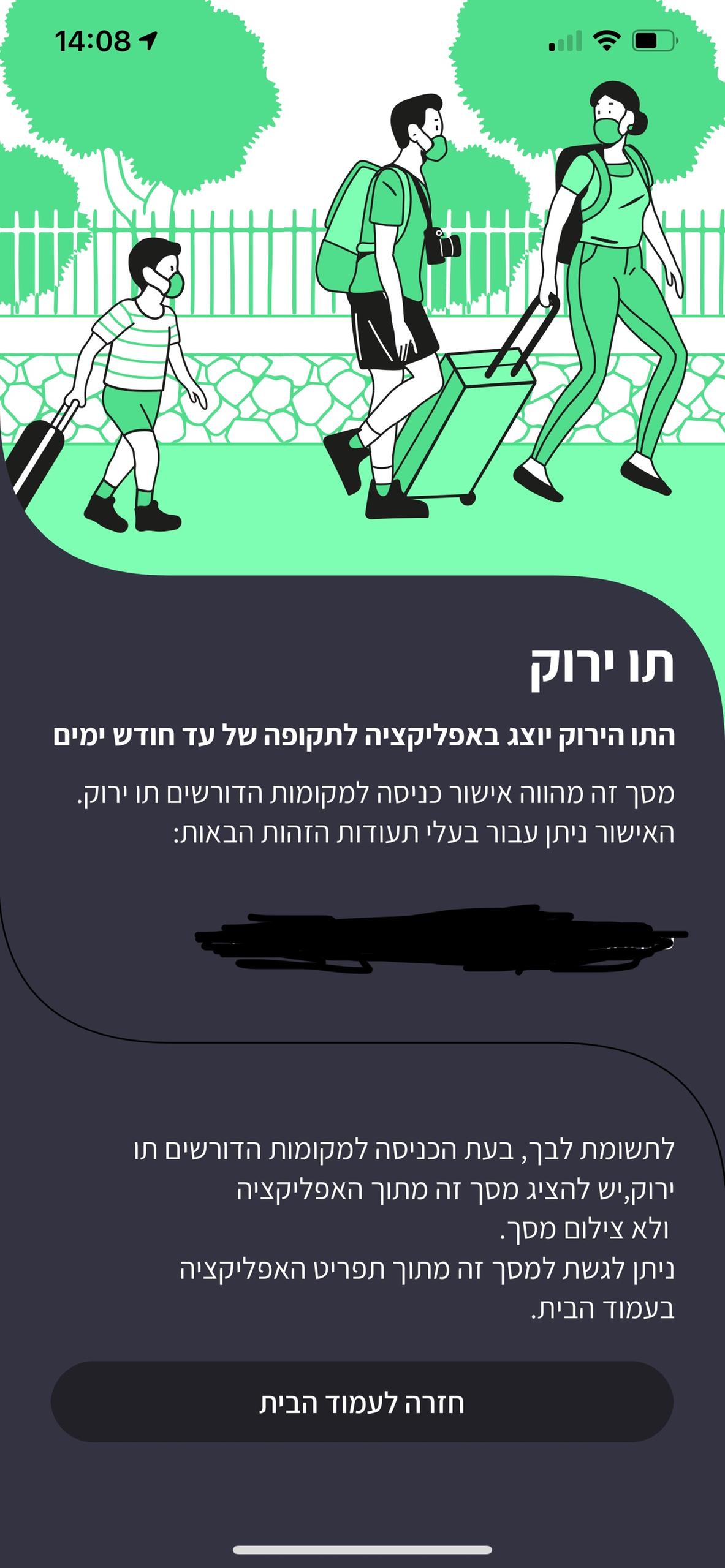
“The issue of young people is source of much debate,” Dye tells SWI swissinfo.ch. “At the moment we have partial data, which would suggest that the vaccine is effective and safe for under-16s, and will probably help to stop transmission, but full data is not yet available.”
Despite these criticisms, Christopher Dye believes that certificates are a valid instrument – in combination with other measures such as quarantine and testing – to enable the gradual reopening of society by protecting the population from the virus. He thinks the debate on the use of the certificate for access to services, however difficult, is necessary.
The race for the certificate
So far, in both Denmark and Switzerland, that debate has led to the conclusion that the Covid-19 certificate will be issued to all people who have been vaccinated, recovered and have had a recent negative test. As in Estonia, in Switzerland the certificate will initially only be issued to those who have been vaccinated. The news was revealed by the Tages Anzeiger newspaper over the weekend and confirmed by the FOPH. It is feared that this could lead to inequalities.
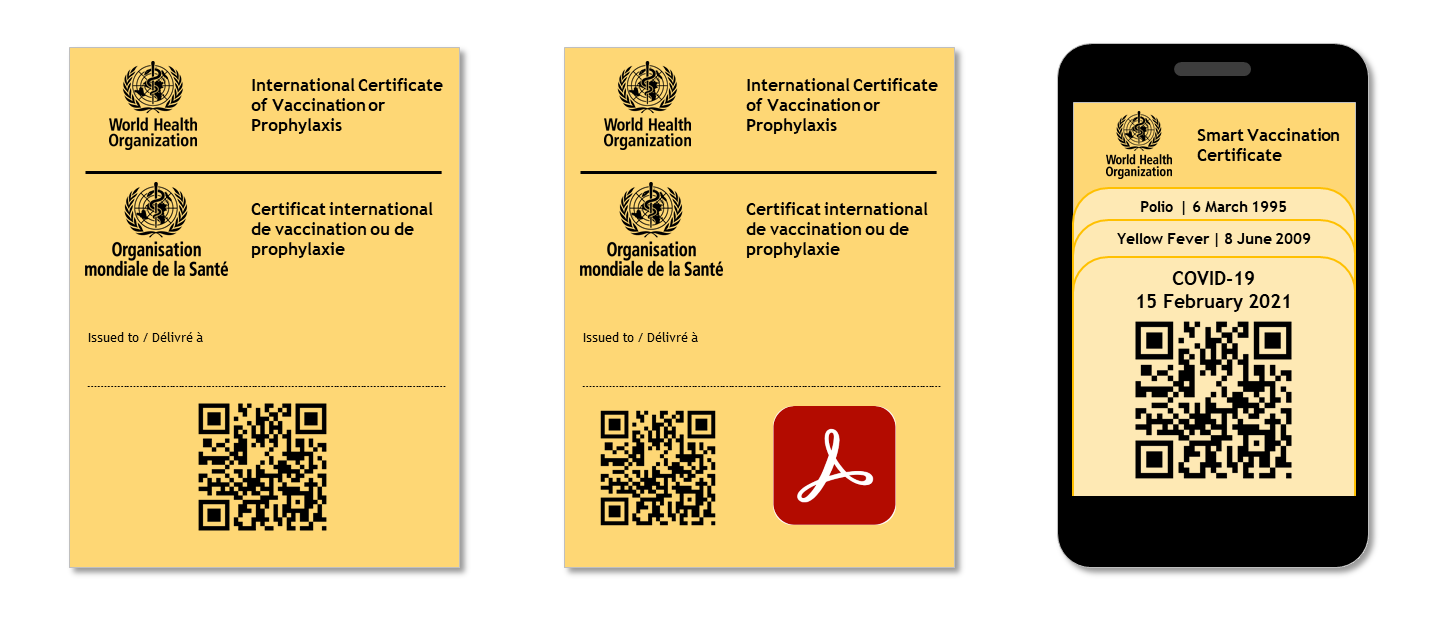
The main difference in the three countries’ approaches lies in how they chose to handle the technical development of the certificate and its features.
In Switzerland, there is significant pressure to reach a solution as quickly as possible. Following a brief consultation period, the Swiss health office recently selected a technical solution for the certificate developed by the Federal Office of Information Technology and Telecommunication (FOITT). They claim it is compatible with the EU’s planned Digital Green Certificate in addition to being secure, simple and open-source. But other stakeholders will also issue their own certificates.
For instance, the Swiss doctors’ association FMH and the pharmacists’ association Pharmasuisse, which recently proposed to the Swiss Confederation a solution “quickly implementable and suitable for everyday use”, are involved in the project but will be able to use their own platform without switching to the national solution.
More

In compliance with the JTI standards
More: SWI swissinfo.ch certified by the Journalism Trust Initiative
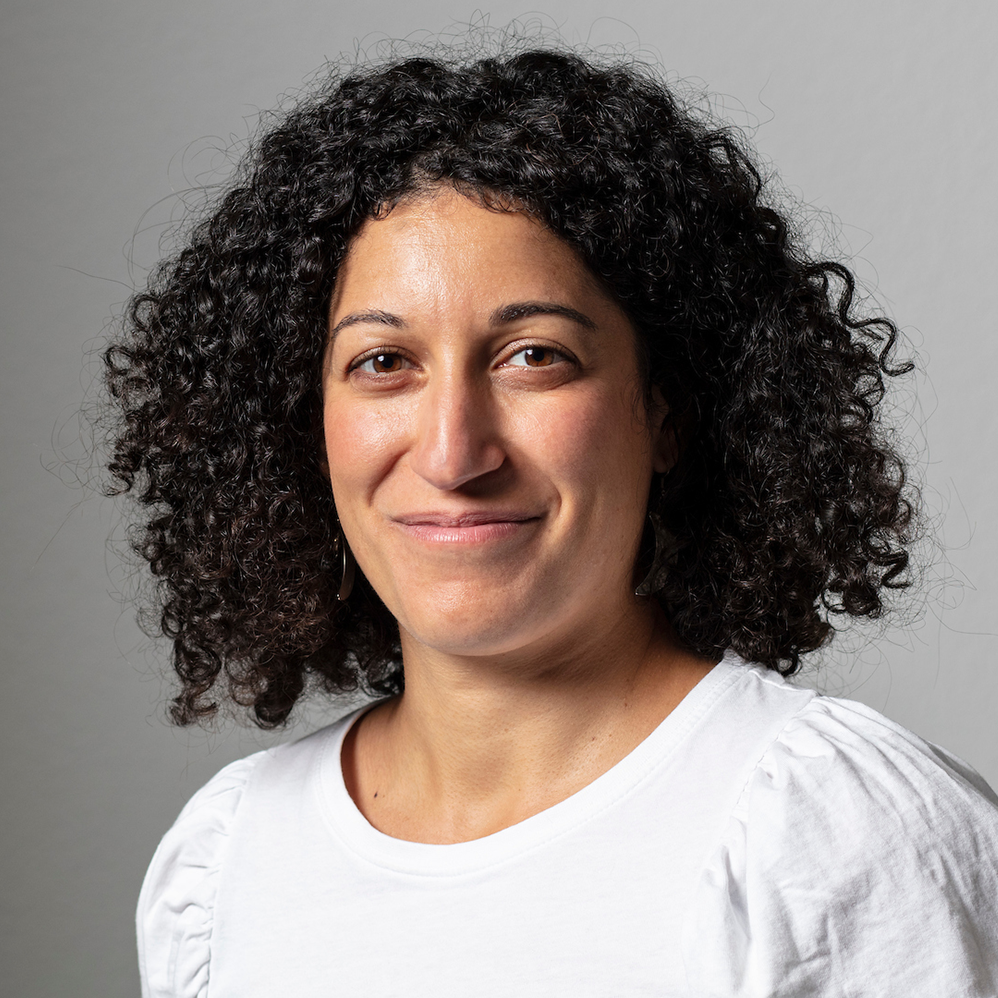
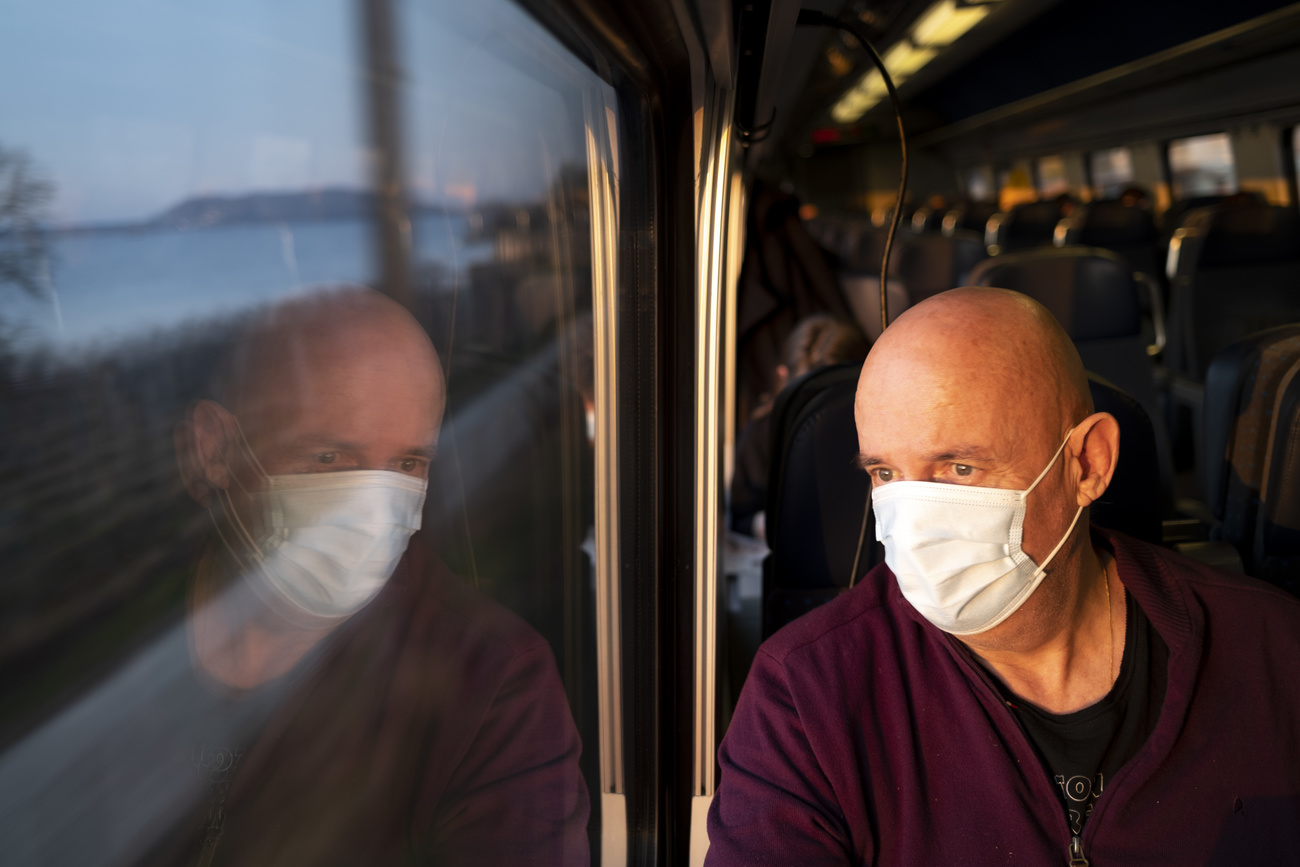
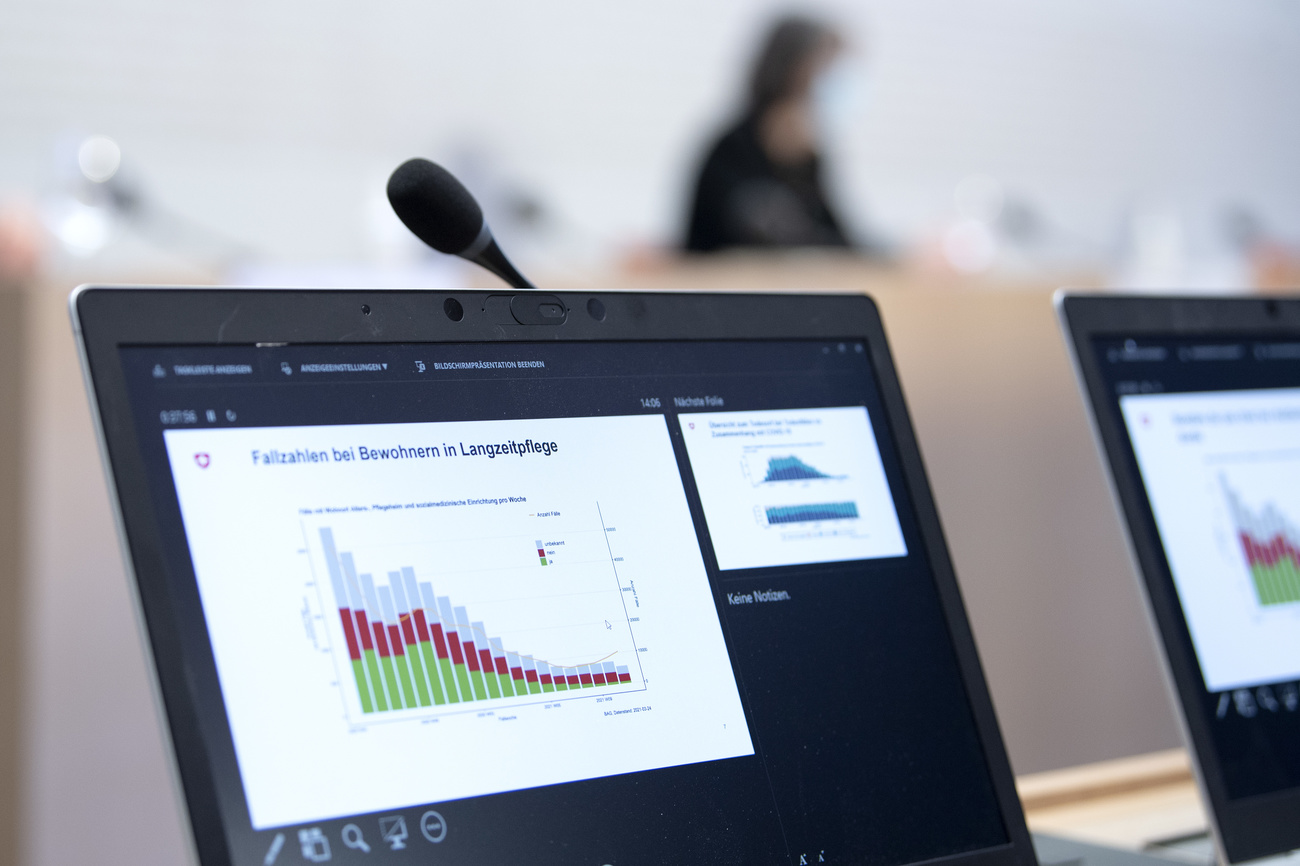
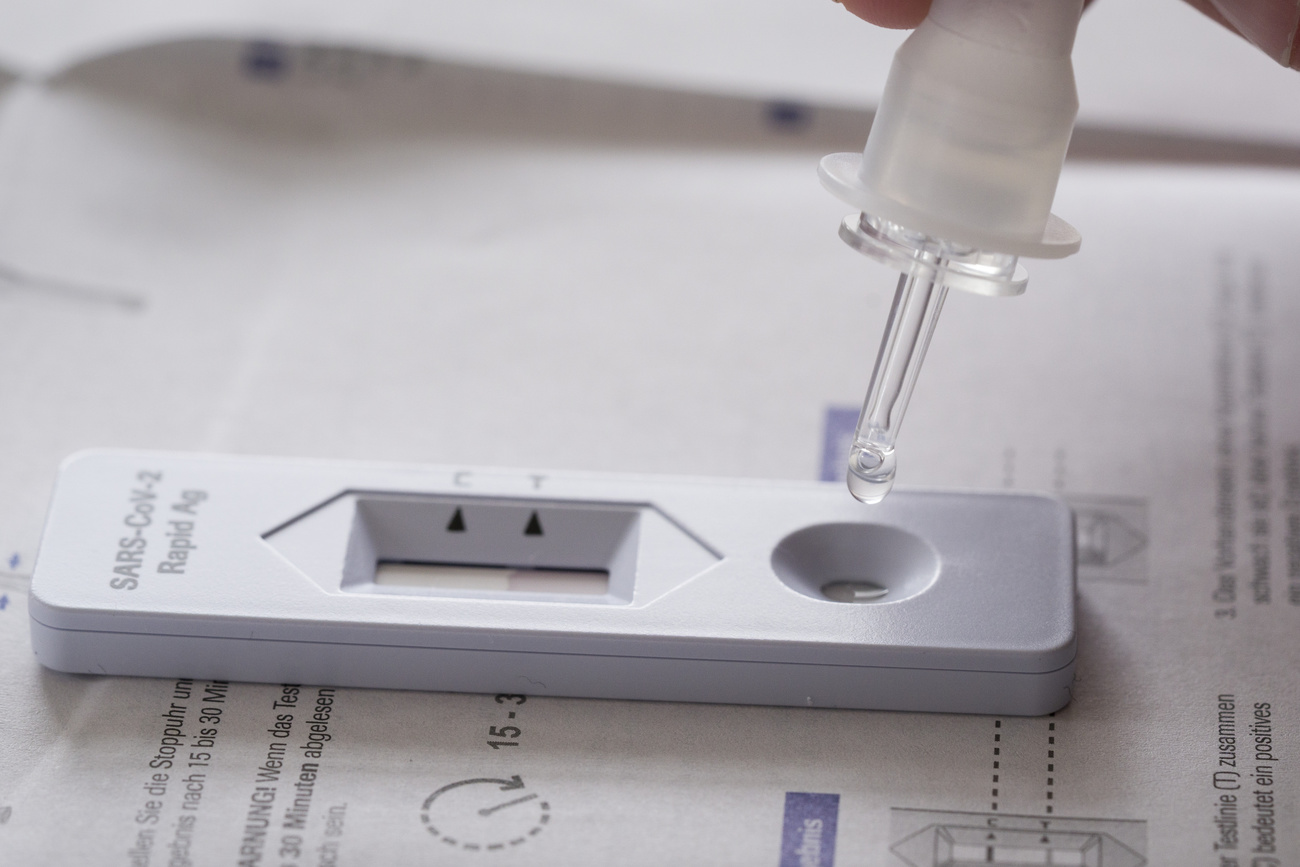
You can find an overview of ongoing debates with our journalists here. Please join us!
If you want to start a conversation about a topic raised in this article or want to report factual errors, email us at english@swissinfo.ch.